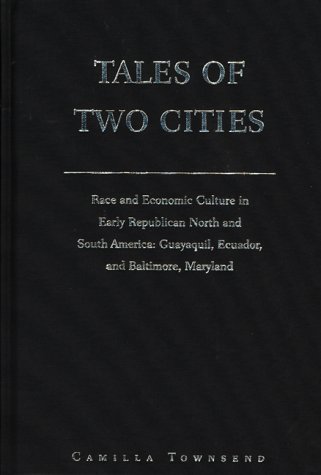The United States and the countries of Latin America were all colonised by Europeans, yet in terms of economic development, the U.S. far outstripped Latin America beginning in the nineteenth century. Observers have often tried to account for this disparity, many of them claiming that differences in cultural attitudes toward work explain the U.S.'s greater prosperity. In this innovative study, however, Camilla Townsend challenges the traditional view that North Americans succeeded because of the so-called Protestant work ethic and argues instead that they prospered relative to South Americans because of differences in attitudes towards workers that evolved in the colonial era. Townsend builds her study around workers' lives in two similar port cities in the 1820s and 1830s. Through the eyes of the young Frederick Douglass in Baltimore, Maryland, and an Indian girl named Ana Yagual in Guayaquil, Ecuador, she shows how differing attitudes towards race and class in North and South America affected local ways of doing business. This empirical research clarifies the significant relationship between economic culture and racial identity and its long-term effects.
Camilla Townsend is Assistant Professor of History at Colgate University in Hamilton, New York.
- ISBN10 0292781679
- ISBN13 9780292781672
- Publish Date 1 January 2000
- Publish Status Out of Print
- Out of Print 13 July 2009
- Publish Country US
- Imprint University of Texas Press
- Format Hardcover
- Pages 320
- Language English
